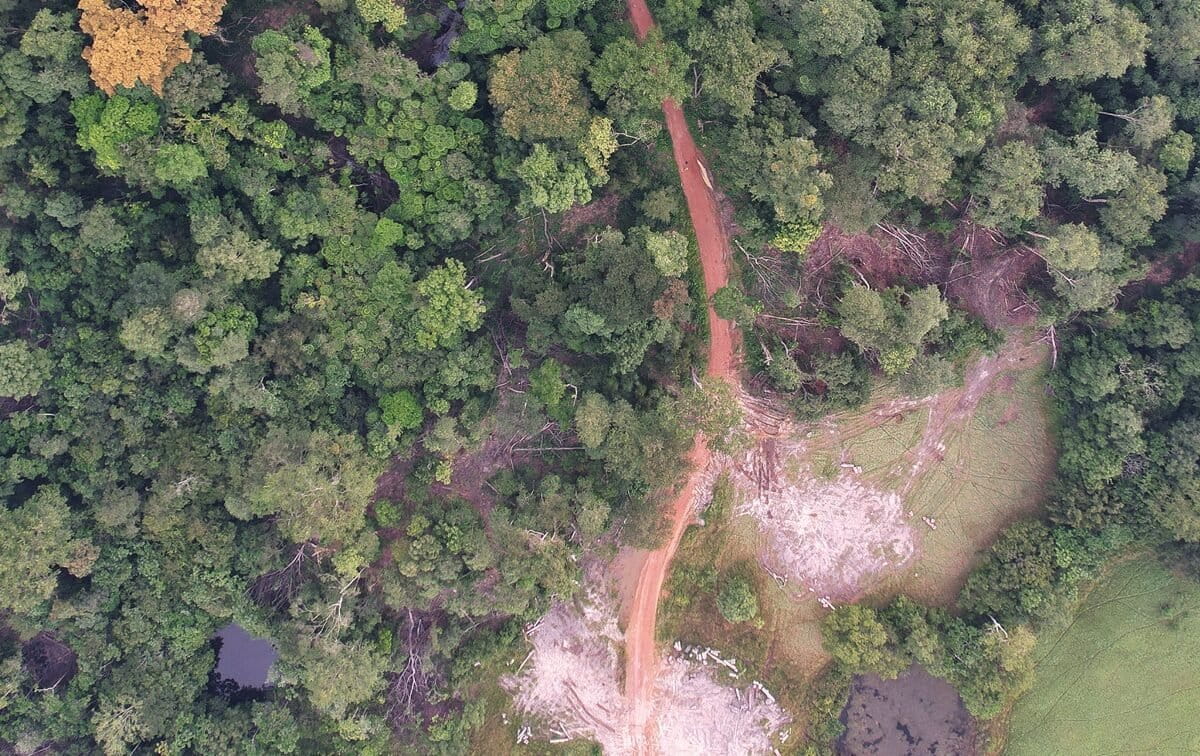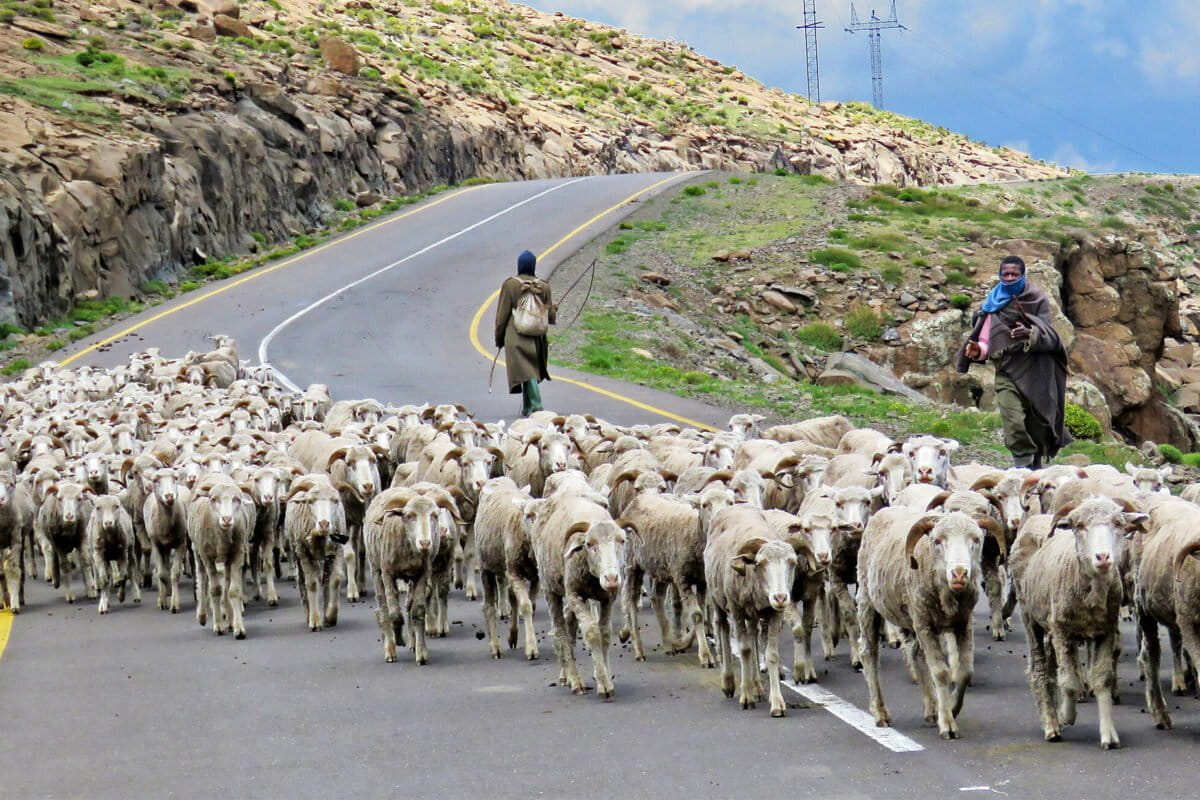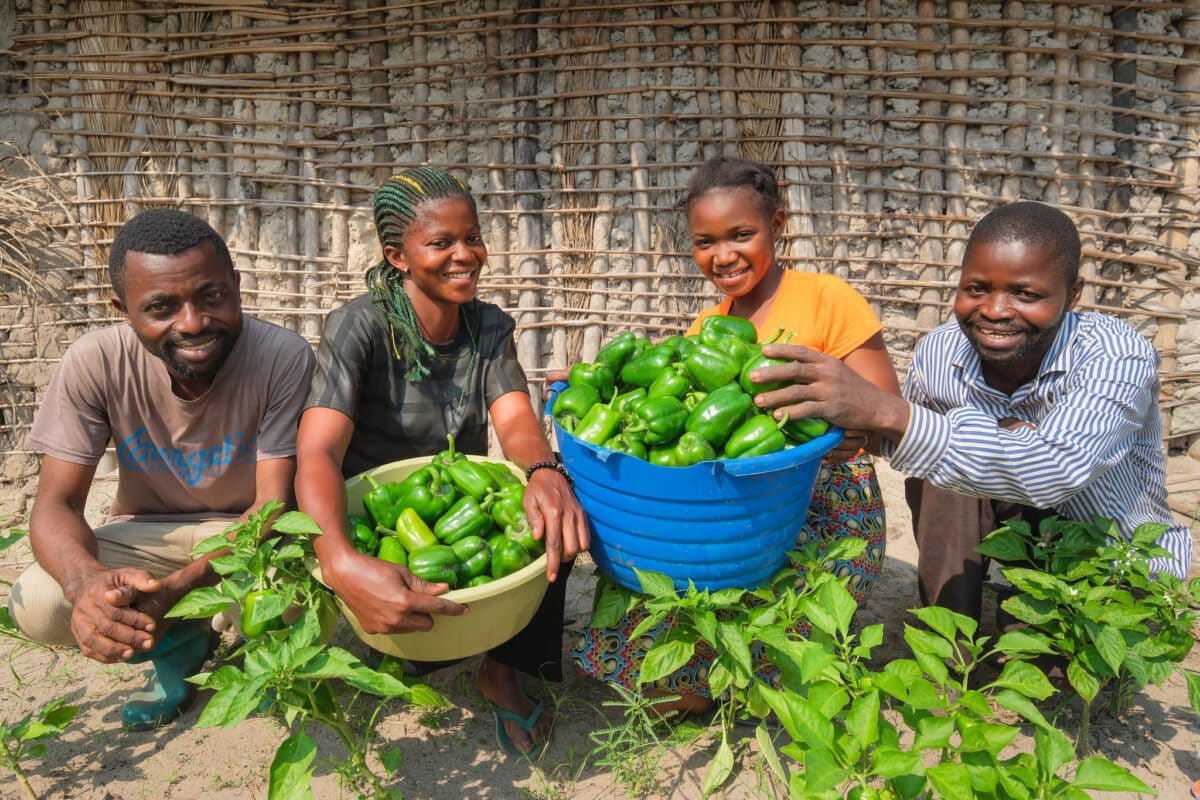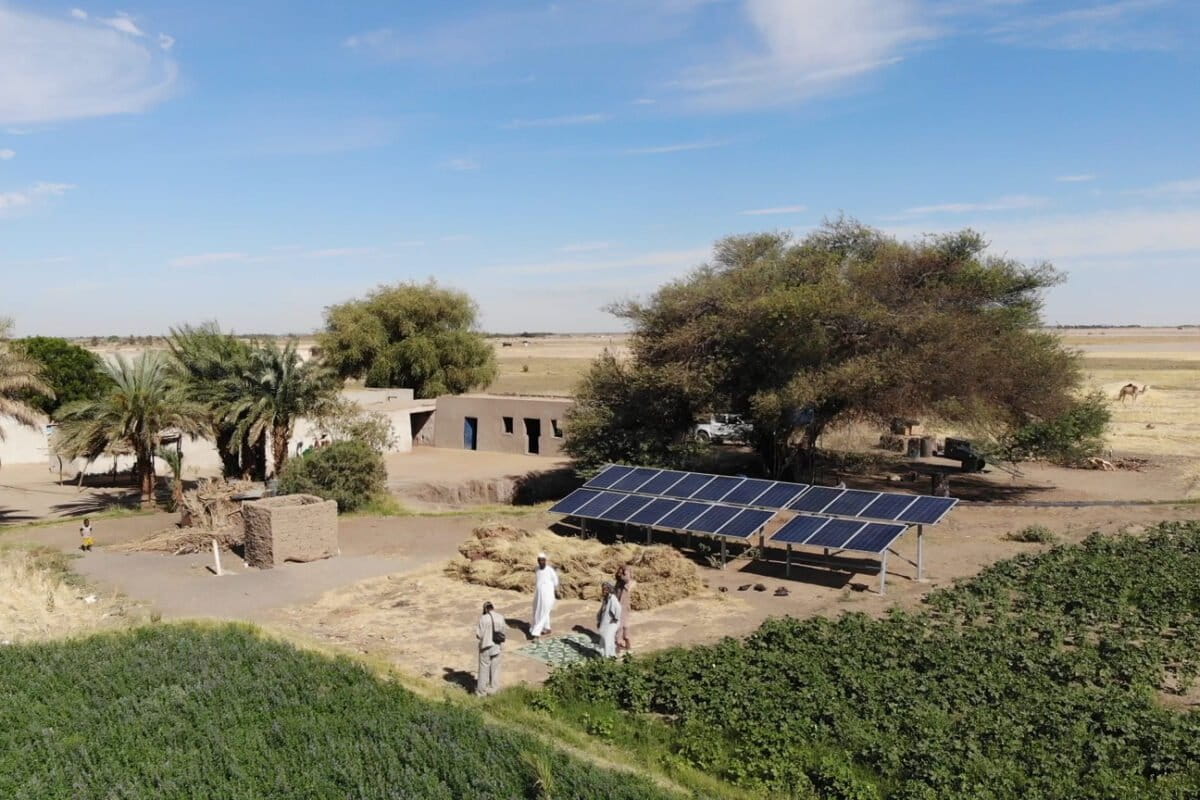- Around 98 percent of the birds being sold in Javan bird markets are native to Indonesia, study found.
- Some 28 species being sold at the markets are protected under Indonesia’s national law, while 10 species are listed as Threatened by the IUCN Red List.
- Traders succeed in selling wild-caught birds mainly because law enforcement is lax, conservationists say.
Indonesia is a hub for wild bird trade. In Jakarta, for example, previous investigations have revealed tens of thousands of birds being sold illegally in the city’s street markets.
Now, a new report by TRAFFIC, the wildlife trade monitoring network, shows that eastern and central Java, too, are hotspots for illegal wild bird trade.
During a short three-day survey of five markets in Surabaya, Yogyakarta and Malang in eastern and central Java, TRAFFIC researchers found nearly 23,000 birds of 241 species for sale. Around 98 percent of these species are native to Indonesia.
“The sheer scale of trade is staggering,” Serene Chng, Programme Officer for TRAFFIC in Southeast Asia told Mongabay. “After the Jakarta surveys (where over 19,000 birds were recorded), we thought that, being not as big a hub as Jakarta, these markets in eastern and central Java might have significantly fewer birds. That we still found so many indicates that the scale of the trade remains large even outside the main ‘trade centre’ of Jakarta. And this is alarming because if thousands of birds are sold in each city in Java, that makes for a massive number of birds being trapped to supply this trade.”

Some of the most commonly sold birds include the scaly-breasted munia, oriental white-eye, zebra dove, yellow-vented bulbul, Javan myna and greater green leafbird. These species were also among the top 10 most heavily traded species in Jakarta, according to the report. Many of the traded birds — nearly 3,500 birds of 56 species, such as the orange-spotted bulbul and Javan kingfisher — are found only in Indonesia and nowhere else.
The team suspects that most of the birds being sold in the Javan markets are illegally caught from the wild. They know this because wild-caught birds tend to behave differently than birds that have been raised in captivity.
“Birds taken from the wild display certain behavior including being very skittish or panicky when people move close to the cage, and other stress behavior like frantically flapping around the cage,” Chng explained. “The condition of the birds — worn plumage, injuries from stress -related behavior — are also tell-tale signs [of being wild-caught]. In addition, researchers also have anecdotal information (gained from personal observation and other conservationists) that a vast majority of native birds in the trade are sourced from trappers; only very few species are known to be reared or bred in captivity.”

Traders succeed in selling wild-caught birds mostly due to lax law enforcement, conservationists say.
The team found, for example, that 28 species being sold at the markets are protected under Indonesia’s national law that prohibits hunting and trade of listed species. Around 10 species are even listed as Threatened by the IUCN Red List, making their trade illegal. These include the Critically Endangered black-winged myna, the Endangered Sun parakeet and the Vulnerable Javan sparrow.
Moreover, only a certain number of native birds can be collected based on quotas set by the Indonesian authorities. But no such quotas have been allocated, conservationists say, “except in select cases for use as breeding stock for commercial breeding operations.”
A number of factors contribute to this lack of law enforcement, Chng said.
“Firstly, bird-keeping is a popular hobby with cultural contexts in Indonesia, which means that there is a constant and high demand,” she said. “This makes the bird trade, and the associated businesses of accessories, food etc, economically important, and we therefore expect some resistance to shutting down this lucrative trade. Furthermore, the scale of the trade is immense, and the capacity and reach of enforcement agencies is limited.”

Given the difficulty in shutting down Indonesia’s bird trade, Chng and her team recommend a tiered approach that first prioritizes targeting traders that sell protected species. Her team also urges people to not buy wild birds as pets and implores the Indonesian government to tackle this trade immediately.
“The Indonesian Government should take strong action against the traders involved—it’s time to shut down the illegal bird trade in Indonesia for good,” Chris R. Shepherd, Regional Director for TRAFFIC in Southeast Asia, said in a statement.
Chng added: “The Indonesian government is currently revising its wildlife laws in consultation with various scientists and NGOs, which is a progressive step forward. This needs to be accompanied by effective implementation, and if members of the public show that illegal trade in these bird markets is something they are concerned about, there could be greater impetus for the government to take concrete actions.”















